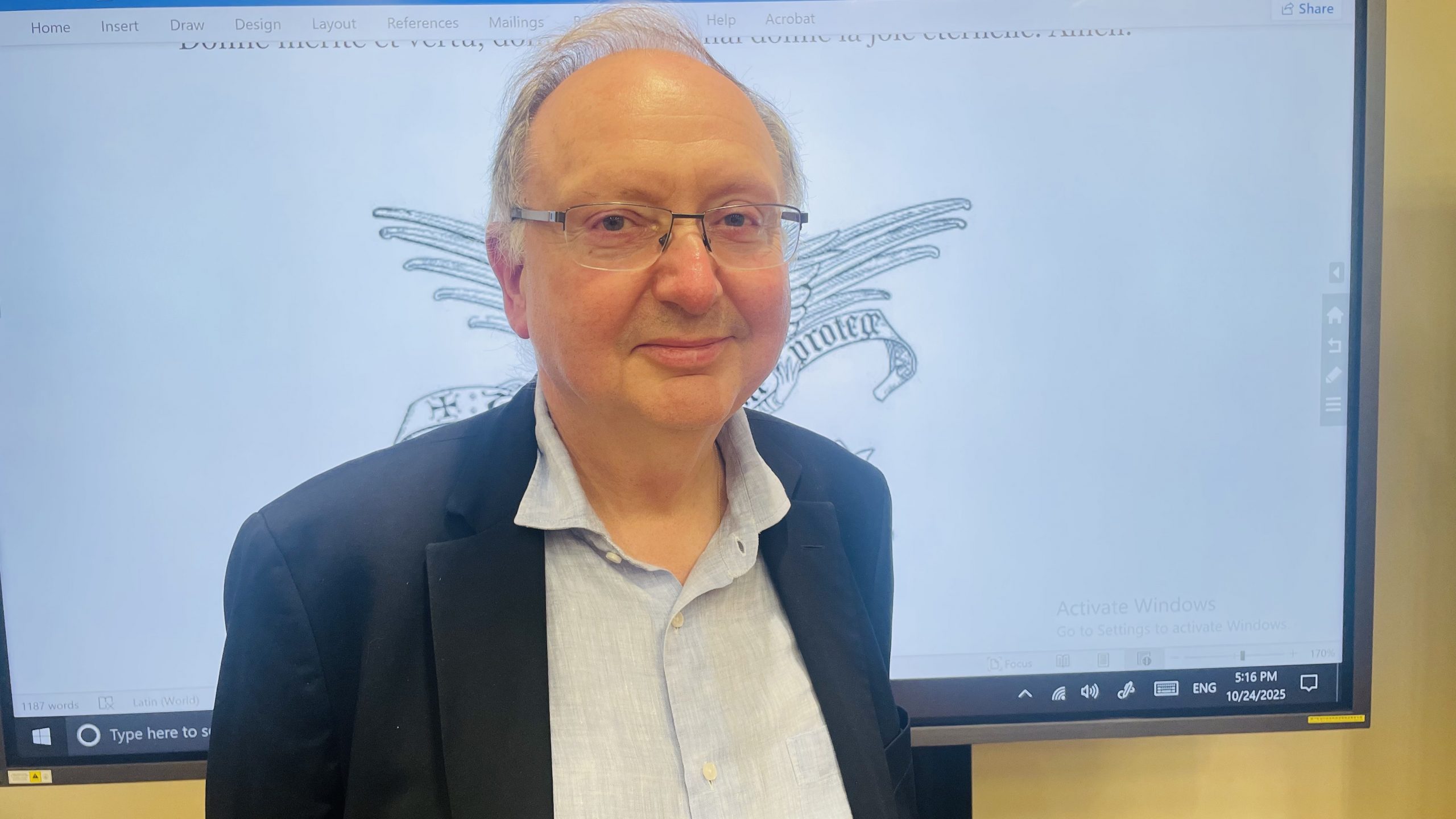Fausto Gomez OP
Facing the possibility of a serious, chronic or disabling illness, a suffering patient may decide freely and responsibly to prepare and sign a personal Advance Directive.
An “advance directive,” or “living will,” or “anticipated will,” or “advance health care directive” may be described as “a signed, witnessed, or notarized document that allows a patient to direct that specified life-sustaining treatments be withheld or withdrawn if the patient is in a terminal condition and unable to make healthcare decisions” (William May). Actually, many hospitals offer their patients a “living will” form that the patient may freely fill up and sign. Likewise, some local Episcopal Conferences in the Catholic Church have also proposed forms for an “advanced will or statement.” These statements usually request doctors to remove or not to start unduly aggressive treatment, and to provide instead palliative care.
MEANING OF AN ADVANCE DIRECTIVE
From June 2021, legal euthanasia, earlier approved by the majority of the members of the Spanish Congress, may be requested by the people. To face ethically and theologically the immorality of euthanasia, the Spanish Episcopal Conference has come out with a document, Living Will (Testamento vital, EEC, April 2021). The Spanish Bishops define testamento vital as the written expression of the will of a patient on the medical treatment he or she wishes to receive, or is not disposed to accept, in the final stage of his/her life. In his or her signed living will, the patient may say: “If I would suffer a serious or incurable illness, or a grave, chronic or disabling pain, or any other critical situation, I will be given: basic care and the appropriate treatment to palliate pain and suffering; aids – in any form – to die be not given to me, be it euthanasia or physician assisted suicide; that my process of dying be not prolonged abusively and irrationally.”
The will of a patient (an old, adult or young person gravely ill) expresses his or her free and responsible decision concerning the treatment he or she wishes to receive or not receive in the course of a possible or real serious illness. If competent, the capable patient is the one to give informed consent. If not so, the surrogate or a representative may give a proxy consent that respects the will of the patient and his/her right to life and to the protection of personal health.
The patient’s will may be manifested in an advance directive or statement regarding appropriate and ethical treatment which comprises: the basic medical treatment to palliate his/her pains and suffering including hydration and nutrition – and as long as they are beneficial -, which are not generally medical but natural treatment. This treatment excludes direct or intentional euthanasia, which shortens life and hastens death, and physician assisted suicide (PAS). The sound treatment includes also the patient’s opposition to dys-thanasia that unduly prolongs life – or dying. Dysthanasia means therapeutic obstinacy, that is, using non-obligatory, non-beneficial and, perhaps, unethical “overzealous interventions” when a person is dying and should be allowed to die with dignity and in peace (cf. The Vatican’s New Charter for Health Care Workers, 2016-2017, nn.149-150).
The Korean bishops (May 2017) advised: “Catholics should make the declaration as part of their will to implement Catholic teaching that life should be cherished up to the last moment.” They underline, furthermore, that Catholics express in their personal Advance Directive their intention to have spiritual care as well as medical care.
Let us add that the living will that a free and responsible patient signs is only a temporary statement in the sense that it can be re-affirmed or changed during his or her stay in the hospital or later. This ethical change of will ought to be respected.
Catholics with many other women and men of good will are against euthanasia and assisted suicide, which are deeply unethical and unchristian. They are also against prolonging dying uselessly and irrationally. They are for letting the terminal patient die with dignity and in peace.
NEED OF PALLIATIVE CARE
Taught by their faith and tradition, Christians are firmly for palliative or comfort care, which relieves pain directly (and may at times shorten life indirectly and unintendedly), provides empathic solidarity and helps die in peace – accompanied and without major sufferings and pain.
Basic teaching from our Christian faith: “Every human life, from the moment of conception until death, is sacred because the human person has been willed for its own sake in the image and likeness of the living and holy God” (CCC, 2319); “Those whose lives are diminished or weakened deserve special respect” (CCC, 2276).
Palliative care refers to holistic care of incurable and terminal patients. It comprises the physical, psychological, social, and spiritual dimensions of care.Holistic care focuses on the patient as a human person, not on the symptoms of his or her illness. Pope Francis says: “Palliative care means support for the elderly [and other patients] in the last stages of illness. Palliative care recognizes something equally important: recognizing the value of the person.” While healthcare professionals take care mainly of physical and psychological suffering, significant others, of the social and spiritual dimensions of palliative care for patient and family.
Korean Bishops: “Hospice and palliative care is an effective way to help patients spend their last days with dignity. At the same time, when they prepare for death, they need to reflect on their lives and reconcile with God.” The Spanish Bishops ask Christians to accept in a faithful and human manner his or her own death and request the presence of a Catholic priest who may administer the sacraments of anointing, penance and the Eucharist.
Considering the legality of euthanasia in some countries, our Mother Church invites us to freely prepare our Advance Directive when our health situation warrants is. It is a way to allow us to die on our time (orthothanasia), neither earlier (euthanasia) nor later (dysthanasia)

 Follow
Follow


